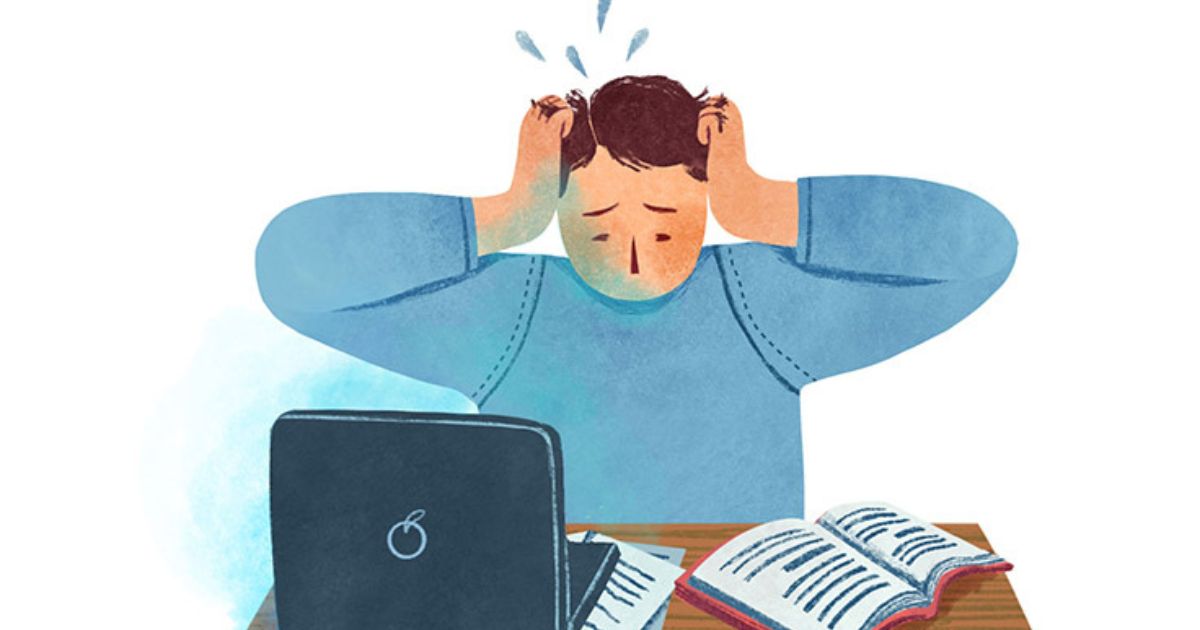Ever felt like your menopause symptoms were shrugged off by doctors? Ready to take charge? Learn how to advocate for your needs and navigate this journey confidently.
In a concerning trend, numerous women report being dismissed by doctors regarding their menopause symptoms, prompting them to take matters into their own hands for effective advocacy.
When Doctors Brush Off Menopause Symptoms
This issue has been highlighted by Tina Mulryan’s experience. At 49, Tina sought medical assistance for her sleep disruptions, hot flashes, and brain fog, but her doctor’s proposed solution of an antidepressant was not aligned with her concerns.
Tina’s subsequent research revealed that her symptoms were due to perimenopause, an aspect overlooked by the medical community.
Regrettably, Tina’s situation is not uncommon. Research by Elektra Health, a menopause-focused digital platform, reveals that despite 80% of women experiencing menopause symptoms, only 20% of women aged 40 to 60 receive a menopause diagnosis.
Dr. Stephanie Faubion, a renowned expert in the field, states that the medical community often disregards these concerns, expecting the issues to resolve on their own.
This is problematic given that menopausal symptoms can persist for years. Moreover, medical professionals lack adequate training on menopause management, with only about 6% of residents feeling comfortable addressing menopause-related issues.
Dr. Anna Barbieri, an ob-gyn and founder of Elektra Health, underscores the scarcity of menopause education in medical schools. This knowledge gap, coupled with controversies surrounding menopause treatments, leads doctors to feel ill-equipped to address menopausal concerns.
Consequently, women frequently encounter dismissive attitudes and inadequate responses from healthcare providers.
The reluctance to prescribe hormone therapy further exacerbates the problem. Fear stems from the 2002 Women’s Health Initiative study, but experts argue the findings lack context.
Despite more favorable options, like estradiol patches, the study’s impact endures, discouraging both patients and doctors from exploring hormone therapy.
Given these challenges, proactive self-advocacy becomes crucial for women experiencing menopause.
Here are some key points to consider when dealing with menopause symptoms:
- Educate Yourself: Learn about menopause and its symptoms. Understanding what you’re experiencing empowers you to communicate effectively with healthcare providers.
- Document Symptoms: Keep a detailed record of your symptoms, their frequency, and their impact on your daily life. This documentation will help you provide specific information to your doctor.
- Be Specific: During your doctor’s visit, clearly describe your symptoms. Instead of saying you “don’t feel well,” provide details about hot flashes, mood changes, sleep disturbances, etc.
- Ask Questions: Don’t hesitate to ask your doctor about the possibility of menopause-related symptoms. Inquire if your symptoms could be attributed to other conditions and if further testing is needed.
- Discuss Treatment Options: If hormone therapy is suggested, ask about the available options, their benefits, and potential risks. Inquire about alternative treatments and lifestyle adjustments as well.
- Challenge Misconceptions: If a doctor is hesitant about hormone therapy, inquire about specific reasons for their concerns. Discuss any misconceptions or outdated information that may be influencing their perspective.
- Consider Second Opinions: If you’re not satisfied with the initial response or treatment plan, don’t hesitate to seek a second opinion from another qualified healthcare professional.
- Trust Your Instincts: You know your body best. If something doesn’t feel right or you’re unsatisfied with the medical guidance you receive, trust your instincts and continue advocating for your well-being.
Make sure you express all these concern assertively! Share your thoughts in the comments below!








Leave a Reply
You must be logged in to post a comment.